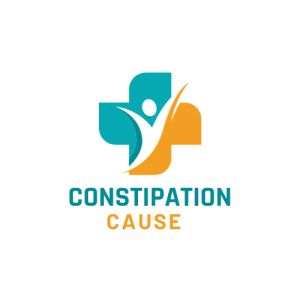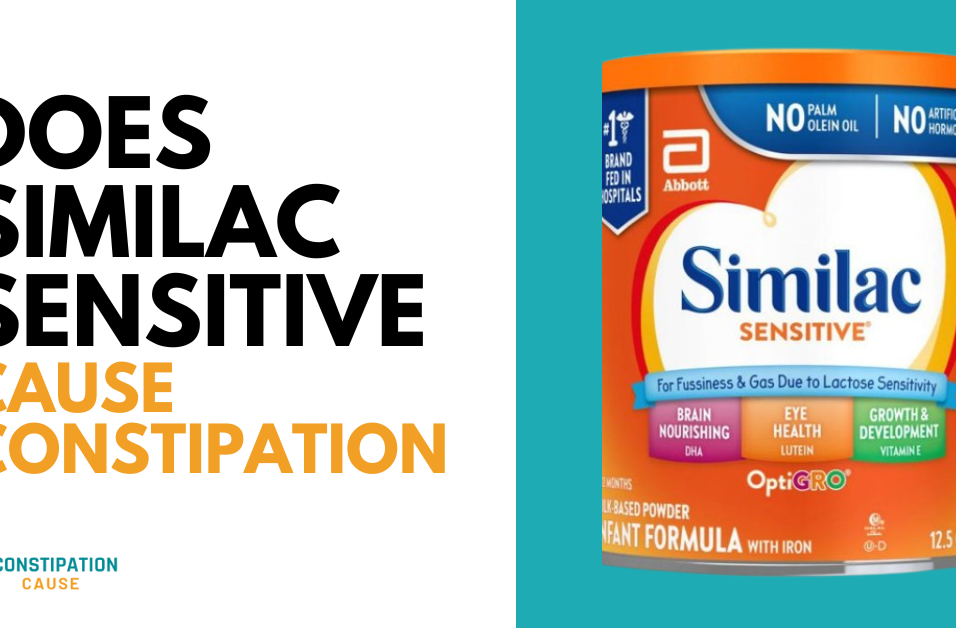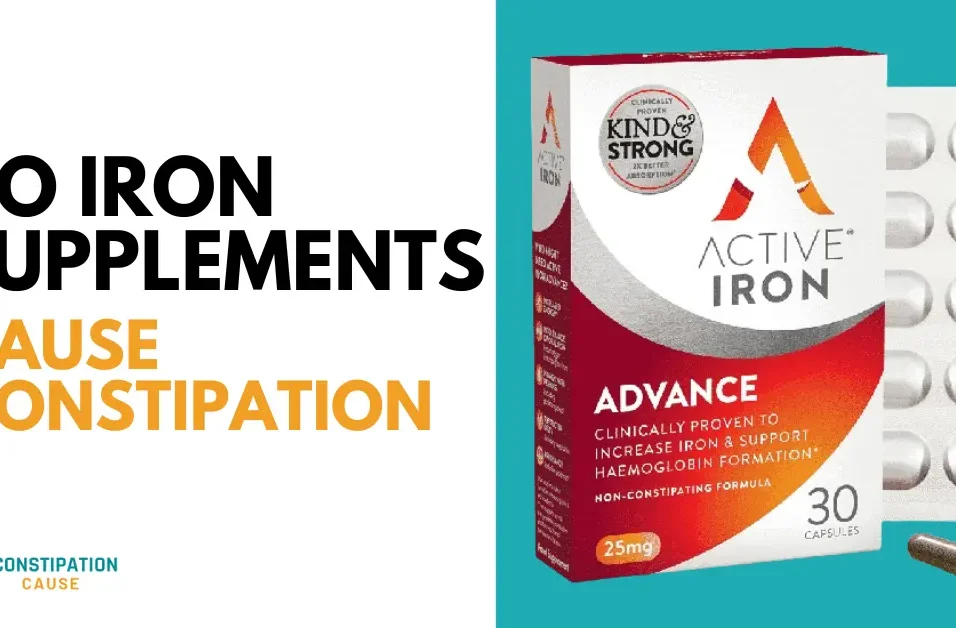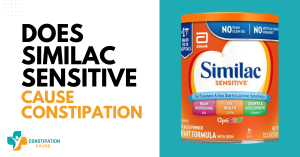Gummy supplements have gained significant popularity in recent years as a convenient and tasty way to consume vitamins, minerals, and other dietary supplements. These chewable, gelatin-based supplements offer an alternative to traditional pills and capsules, appealing to both children and adults due to their appealing flavors and easy consumption.
However, one concern that has emerged regarding gummy supplements is; “can gummies cause constipation?”
Some individuals have reported experiencing digestive issues after regularly consuming gummy vitamins, attributing their discomfort to the gelatin, sugar, or other ingredients commonly found in gummies.
In this article, we will discuss the potential causes of constipation, and list the factors contributing to these digestive issues.
So, let’s get started!
What are Gummy Supplements?
Gummy supplements are a popular alternative to traditional pills or capsules when it comes to consuming vitamins, minerals, and various dietary supplements. These chewable supplements are typically made in the form of small, colorful, and flavorful gummy candies. They differ from conventional pills and capsules primarily in their presentation and ingredients.
Gummy supplements have gained immense popularity due to several key factors:
- Taste: Gummy supplements often come in a variety of appealing flavors, such as fruit, berry, or citrus, making them more palatable and enjoyable to consume compared to the sometimes bitter or chalky taste of pills and capsules.
- Ease of Consumption: Many people, especially children and individuals who have difficulty swallowing pills, find gummy supplements much easier to take. They can be chewed and easily broken down in the mouth, eliminating the need for water.
- No More “Pill Fatigue”: Gummies provide an alternative for those who may experience “pill fatigue” from taking multiple supplements daily. The pleasant taste and candy-like form can make it less daunting to stick to a supplement regimen.
Variety of Gummy Supplements

Gummy supplements are available in a wide range of options, offering various vitamins, minerals, and other dietary supplements, including:
- Multivitamins: Gummy multivitamins provide a combination of essential vitamins and minerals, catering to various nutritional needs.
- Vitamin C: Gummy vitamin C supplements offer a tasty way to boost immunity and support overall health.
- Vitamin D: Gummy vitamin D supplements are popular for maintaining bone health and supporting immune function.
- Omega-3 Fatty Acids: Some gummies include omega-3 fatty acids like fish oil, which are known for their heart and brain health benefits.
- Biotin: Gummy biotin supplements are often chosen for promoting healthy hair, skin, and nails.
- Melatonin: Gummy melatonin supplements are used to aid in sleep and manage sleep-related issues.
- Calcium and Magnesium: Gummy supplements containing calcium and magnesium are sought after for bone health and overall well-being.
What is Constipation?
Constipation is a common gastrointestinal issue characterized by infrequent or difficult bowel movements. It occurs when the stool moves too slowly through the digestive tract, resulting in hard, dry, and often painful bowel movements.
Some common symptoms of constipation include:
- Infrequent Bowel Movements
- Straining
- Hard Stool
- Incomplete Evacuation
Causes of Constipation
Several factors can contribute to constipation, including:
- Diet
- Lack of Hydration
- Sedentary Lifestyle
- Medication
- Medical Conditions
- Ignoring the Urge
Importance of Regular Bowel Movements
Regular and healthy bowel movements are essential for overall health and well-being. Here’s why:
- Waste Elimination: Bowel movements help remove waste and toxins from the body, preventing the buildup of harmful substances.
- Digestive Health: Proper bowel movements support the digestive process by ensuring the efficient absorption of nutrients.
- Comfort and Well-Being: Avoiding constipation helps prevent discomfort, pain, and complications associated with chronic constipation.
- Preventing Complications: Chronic constipation can lead to complications like hemorrhoids, anal fissures, and diverticulosis, which can be painful and require medical intervention.
Now, let’s discuss the Impact of gummy vitamins on digestive health
Connection between Consuming Gummies and Constipation:

Reasons for Gummy product and its potential for constipation:
While gummy supplements are a convenient and tasty way to consume vitamins and minerals, some individuals have reported experiencing constipation as a side effect. Several potential reasons may explain the link between gummies and constipation:
- Low Fiber Content: Many gummy supplements lack sufficient dietary fiber, a crucial component for promoting regular bowel movements. A diet low in fiber can slow down digestion and contribute to constipation.
- Excess Sugar: Gummy supplements often contain added sugars or sweeteners to enhance their taste and appeal. High sugar intake can have a dehydrating effect on the body, potentially leading to drier and harder stools.
- Gelatin Content: Gelatin, a common ingredient in gummy candies, may slow down the movement of stool through the intestines, making it more challenging to pass.
- Lack of Hydration: Some individuals may consume gummy supplements without an adequate intake of water. This can exacerbate constipation, as dehydration can result in firmer stool.
Ingredients in Gummy Supplements as Potential Culprits
Several ingredients commonly found in gummy supplements could contribute to constipation:
- Gelatin: Gelatin is a protein derived from animal collagen and is used as the primary binding agent in gummies. Its gel-like consistency may slow down stool transit in the digestive tract.
- Sugar and Sweeteners: High sugar intake can lead to dehydration, which can result in dry and hard stool. Artificial sweeteners like sorbitol, often used in sugar-free gummies, can have a laxative effect in some individuals, but excessive consumption may lead to gastrointestinal distress.
- Artificial Colors and Flavors: Artificial colors and flavors may contain additives that some individuals find difficult to digest, potentially exacerbating gastrointestinal issues and contributing to irregular bowel movements.
Alternative Supplement Forms:
Here are some common alternatives to gummy supplements:
1. Pills and Capsules:
- Benefits: Pills and capsules are a traditional and widely used form of dietary supplements. They are typically easy to find, come in a variety of options, and are suitable for a wide range of supplements, including vitamins, minerals, and herbal extracts.
- Potential Benefits Over Gummies: Pills and capsules often contain fewer additives like sugar and artificial flavors, making them a cleaner option for those concerned about gummy ingredients. They also offer precise dosing.
- Suitability: Pills and capsules are generally suitable for individuals who prefer a straightforward and convenient way to take supplements. However, they may not be suitable for those who have difficulty swallowing pills.
2. Powdered Supplements:
- Benefits: Powdered supplements, when mixed with water or other beverages, allow for easy customization of dosages. They are versatile and can be added to smoothies, shakes, or recipes.
- Potential Benefits Over Gummies: Powdered supplements often contain fewer fillers and additives compared to gummies, making them a more straightforward way to get the desired nutrients without unnecessary ingredients.
- Suitability: Powdered supplements are ideal for individuals who prefer flexibility in dosing and enjoy the convenience of blending their supplements into beverages or foods.
3. Liquid Supplements:
- Benefits: Liquid supplements offer fast absorption due to their liquid form. They can be particularly useful for individuals with digestive issues or difficulty swallowing pills.
- Potential Benefits Over Gummies: Liquid supplements typically contain fewer additives and fillers compared to gummies. They are also an excellent choice for those who want quick absorption of nutrients.
- Suitability: Liquid supplements are suitable for people who prefer an easy-to-swallow and quickly absorbed option. They are often recommended for children and seniors.
4. Chewable Tablets:
- Benefits: Chewable tablets offer a compromise between gummies and traditional pills. They are easier to swallow than regular pills and capsules but lack some of the additional ingredients found in gummies.
- Potential Benefits Over Gummies: Chewable tablets provide a similar convenience and taste appeal as gummies but usually contain fewer additives, making them a cleaner option.
- Suitability: Chewable tablets are suitable for those who prefer a chewable format but are looking for a supplement with fewer additives and a more straightforward ingredient list.
5. Whole Foods and Natural Sources:
- Benefits: Obtaining nutrients from whole foods and natural sources is often considered the healthiest option. This includes consuming a balanced diet rich in fruits, vegetables, lean proteins, and whole grains.
- Potential Benefits Over Gummies: Whole foods provide a wide range of nutrients in their natural forms, offering optimal bioavailability and potential health benefits beyond what supplements can offer.
- Suitability: A diet rich in whole foods is suitable for everyone and forms the foundation of a healthy lifestyle. Supplements can complement dietary needs but should not replace a balanced diet.
Conclusion:
In conclusion, this article answers the question, “Can gummies cause constipation?”
It has highlighted the reasons behind gummy-related constipation, offered practical tips for preventing it, and explored alternative supplement forms. It’s crucial for individuals to prioritize their digestive health by considering dietary adjustments and opting for supplements with cleaner ingredient profiles. As the industry evolves, we can anticipate improvements in gummy formulations to provide healthier options, ensuring that individuals can enjoy the benefits of dietary supplements without compromising their well-being.
Frequently Asked Questions
Can gummies really cause constipation?
Gummies can potentially cause constipation in some individuals due to factors like low fiber, excess sugar, and gelatin content.
Which specific ingredients in gummies might lead to constipation?
Ingredients in gummies that might lead to constipation include gelatin, excessive sugar, and a lack of dietary fiber.
How long does it take for gummies to potentially cause constipation?
The time it takes for gummies to potentially cause constipation can vary among individuals and depends on factors like dosage and overall diet.
Are there any age-related factors in gummy-related constipation?
Age-related factors can influence gummy-related constipation, with children and seniors potentially being more susceptible.
Can I prevent constipation while still taking gummy supplements?
You can prevent constipation while taking gummy supplements by staying hydrated, maintaining a balanced diet, and following a regular exercise routine.
Are gummy vitamins suitable for children, and do they pose a risk of constipation for kids?
Gummy vitamins are suitable for children, but parents should monitor their intake and ensure a balanced diet to mitigate the risk of constipation in kids.









Leave feedback about this